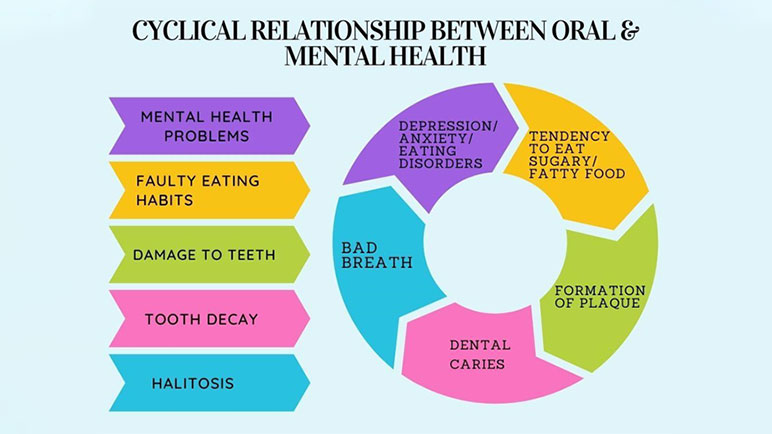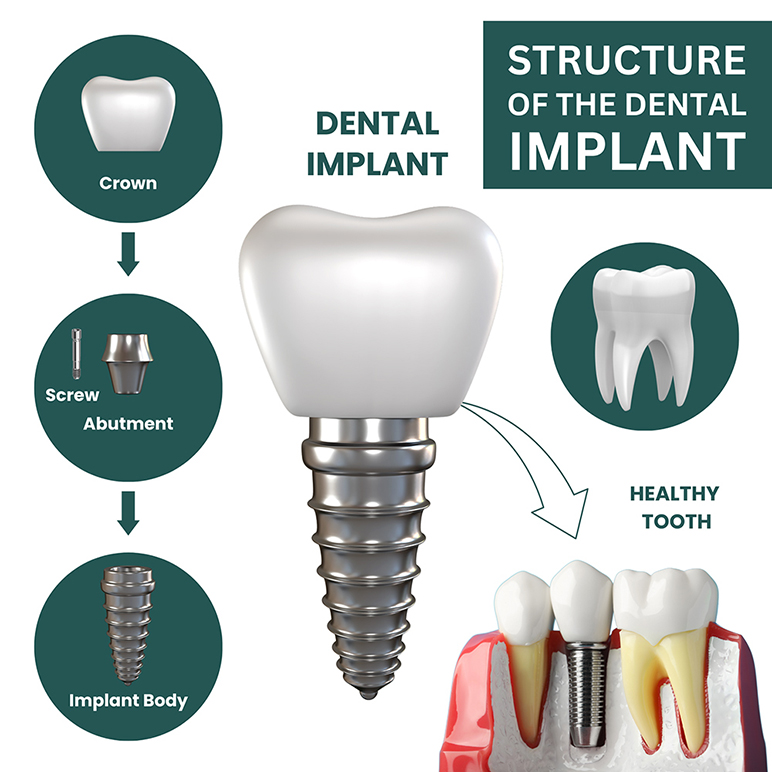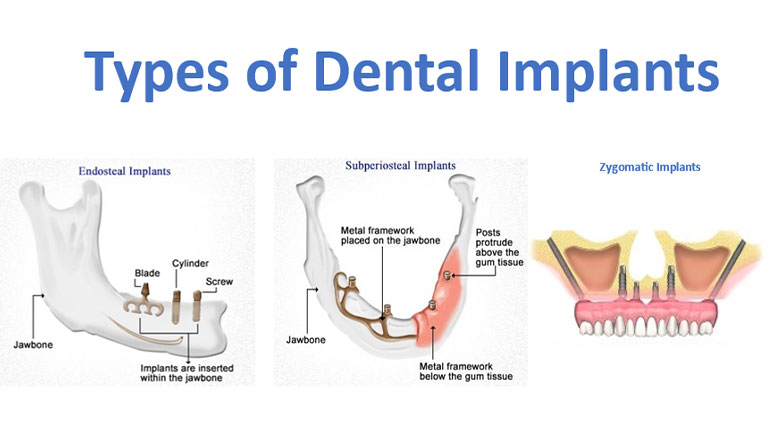When considering dental implants, one of the most crucial steps in the process is attending a dental implants free consultation. This initial meeting allows potential patients to engage with dental professionals and gather vital information regarding their specific needs. A free implant consultation near you can provide an invaluable foundation for understanding the importance of dental health, the implications of missing teeth, and how dental implants can restore not only your smile but also your overall quality of life. It’s an opportunity to assess your oral health comprehensively, explore treatment options, and discuss financial considerations—all within a supportive environment.
The problem with missing teeth
Missing teeth represent much more than just an aesthetic concern; they can signify deeper issues affecting your health and well-being. Whether teeth are lost due to injury, decay, or gum disease, the impact on one’s life is profound and often underestimated. Individuals with gaps in their smiles frequently experience changes that extend to their oral health, psychological state, and functional capabilities. Understanding these various dimensions of tooth loss is essential in motivating individuals to seek effective solutions such as dental implants.
Impact on oral health
The absence of teeth disrupts the delicate balance of the mouth. When a tooth is lost, surrounding teeth begin to shift out of position, leading to misalignment known as malocclusion. This shift doesn’t occur in isolation—rather, it sets off a chain reaction that can cause increased pressure on certain teeth, resulting in further tooth loss, gum disease (periodontitis), and jawbone deterioration.
The consequences of bone loss can be particularly alarming. When teeth are missing, they no longer stimulate the jawbone through the act of chewing. This lack of stimulation triggers a biological process called bone resorption, where the jawbone gradually loses density and shrinks. Over time, this can lead to a sunken facial appearance, making individuals look older than they are. Moreover, diminished bone density complicates future dental treatments, including the placement of dental implants.
To summarize, missing teeth significantly compromise oral health, creating a cycle of deterioration that affects both function and aesthetics.

Psychological effects
Beyond the physical ramifications, missing teeth take a toll on an individual’s mental well-being. Self-esteem and confidence can plummet when someone is embarrassed by their smile; this can lead to avoidance of social interactions and missed opportunities. Feelings of anxiety, depression, and isolation often intensify as individuals become increasingly self-conscious about their appearance.
A healthy and attractive smile plays a critical role in fostering a positive self-image, especially in professions that require regular communication, such as sales, teaching, or customer service. The inability to smile freely or articulate well can hinder career prospects and professional relationships. Many people may underestimate the psychological burden associated with missing teeth, yet it remains an influential factor that can affect quality of life.
Ultimately, the psychological impact of missing teeth is significant, highlighting the need for restorative solutions that can help individuals regain their confidence.
Functional limitations
Missing teeth also create functional challenges that go beyond aesthetics. Chewing food becomes increasingly difficult, leading to restrictions on dietary choices. Individuals may avoid certain nutritious foods that require more effort to chew, which can result in nutritional deficiencies and digestive problems.
Speech is another area that suffers due to missing teeth. Certain sounds may become difficult to pronounce, impacting communication and social interactions. This challenge can be particularly disruptive for children, who are still developing their speech patterns.
In essence, the functional limitations caused by missing teeth underscore the need for effective dental interventions that can restore normalcy in daily activities.
What are dental implants?
Dental implants represent a revolutionary approach to tooth replacement, offering individuals a long-term solution that restores both function and aesthetics. Unlike traditional dentures or bridges, dental implants provide a stable foundation for replacement teeth, effectively mimicking the structure and performance of natural teeth.
Definition and components
At their core, dental implants consist of biocompatible titanium posts surgically inserted into the jawbone. These posts serve as artificial roots for replacement teeth. The typical implant process involves multiple stages:
- Implant Placement: The titanium post is surgically inserted into the jawbone, serving as a sturdy anchor for the prosthetic tooth.
- Osseointegration: Over time, the jawbone fuses with the titanium implant, creating a robust support system.
- Restoration: Following osseointegration, a custom-made abutment (connector) and crown (artificial tooth) are attached to the implant.
This structured approach ensures that dental implants replicate the natural function and appearance of real teeth, providing patients with a dependable solution for tooth loss.

How they work
One of the standout features of dental implants is the process known as osseointegration. This biological phenomenon allows the implant to bond directly with the jawbone, forming a secure and lasting connection. Unlike dentures or bridges, which rely on adjacent teeth or gums for stability, dental implants provide a steadfast foundation that functions like a natural tooth.
Furthermore, the mechanical forces produced while chewing stimulate the jawbone, helping to prevent further bone loss. This preservation of bone density is crucial for maintaining facial structure and promoting overall oral health.
Thus, dental implants function as more than just replacements for missing teeth; they actively contribute to the well-being of the mouth and surrounding structures.
Different types of dental implants
While the fundamental principle of dental implants remains consistent, various types cater to different clinical situations and patient requirements. Here are some of the most common types:
- Endosteal Implants: The most prevalent type, comprising a screw-shaped post placed directly into the jawbone.
- Subperiosteal Implants: Positioned under the gum tissue and on top of the jawbone, these are typically used when there isn’t enough bone available for standard implants.
- Zygomatic Implants: Longer than traditional implants, zygomatic implants are designed for individuals with significant bone loss in the upper jaw, anchoring onto the cheekbone for added support.

The choice of implant type is influenced by factors such as bone density, overall oral health, and individual needs. A qualified dentist will evaluate these elements and recommend the most appropriate implant type for each patient.
The importance of a free consultation
Before embarking on any dental implant journey, scheduling a free consultation with a qualified dentist or oral surgeon is pivotal. This initial meeting serves as an invaluable opportunity to thoroughly assess individual needs and determine whether implants are the right choice for you.
Initial assessment and diagnosis
During the first consultation, the dentist will conduct a comprehensive examination aimed at assessing overall oral health. This includes evaluating existing teeth, gums, jawbone condition, and any previous dental work. Special attention will be given to identifying the area designated for implant placement to ensure it’s suitable for surgery.
The dentist will also delve into your medical history, discussing any pre-existing conditions or medications that might affect the outcome of the implant procedure. By gathering all relevant information upfront, the dentist can make informed decisions moving forward.
Customized treatment plans
Based on the findings from the initial assessment, the dentist will formulate a customized treatment plan tailored to your specific needs and goals. This plan may involve various procedures depending on the complexity of your case.
For instance, if a significant amount of bone loss has occurred, a bone grafting procedure may be necessary before proceeding with implant placement. The treatment plan will outline the entire process, estimated timelines, and anticipated outcomes, ensuring transparency throughout.
Additionally, the plan will address potential risks and complications associated with the procedure, facilitating informed consent and empowering you to make educated choices concerning your dental health.

Financial considerations and insurance information
Understanding the financial implications of dental implants is crucial, as they can represent a significant investment. During the free consultation, the dentist will break down the costs associated with the procedure, including the implant itself, surgical fees, and restoration expenses.
Additionally, discussions surrounding insurance coverage and available financing options, such as payment plans or dental financing programs, help clarify the financial landscape. This openness enables potential patients to make informed decisions about their treatment and budget.
What to expect during a dental implants free consultation?
The free consultation is a vital step in exploring dental implants, designed to be relaxed and informative. Patients have the chance to ask questions and gain a clearer understanding of the procedure and its implications.
Comprehensive oral examination
The consultation begins with a thorough oral examination, where the dentist examines teeth, gums, and jawbone to evaluate overall oral health. Identifying any potential issues that could impact implant placement is paramount.
The condition of existing teeth will be assessed, along with evaluating bone density in the area earmarked for the implant. Signs of infection or inflammation will also be investigated, ensuring that the site is ready for successful surgery.
Diagnostic imaging techniques
Diagnostic imaging techniques play a critical role in the consultation process. Many dentists utilize panoramic radiographs (X-rays) or 3D scans (CBCT) to obtain detailed images of the jawbone and surrounding structures.
These images provide valuable insight into the density of the bone, the location of nerves and blood vessels, and overall anatomy in the implant area. Such detailed analysis aids dentists in planning the implant placement accurately, minimizing risks and potential complications during surgery.
Discussion of treatment options
After completing the examination and diagnostic imaging, the dentist will engage in discussions about treatment options. They will outline the different types of implants available, explain procedures involved in each stage, and provide clear information about expected recovery times.
Additionally, the dentist will elucidate the benefits and potential risks associated with dental implants in comparison to other tooth replacement options, such as bridges or dentures. This dialogue fosters a collaborative approach, allowing patients to make well-informed decisions about their treatment.
Overcoming common concerns
Though dental implants are generally safe and effective, many individuals harbor concerns or apprehensions prior to undergoing dental surgery. Open communication with your dentist during the free consultation is vital for alleviating anxieties and instilling confidence about moving forward.
Addressing fear of dental procedures
Dental anxiety is a common experience for many individuals. The free consultation provides an ideal setting to express these feelings to the dentist. Understanding your fears can help the dentist tailor the appointment to meet your emotional needs, ensuring comfort throughout the process.
The dental team can provide reassurance by thoroughly explaining the procedure, emphasizing safety protocols in place, and discussing sedation options if needed. A supportive approach can help demystify the process, transforming apprehension into confidence.

Clarifying misconceptions about implants
Misinformation about dental implants often leads to unnecessary fear. The consultation serves as an opportunity to clarify common misconceptions. For example, some patients worry about pain during or after the procedure, but dentists can provide insights on modern anesthesia and pain management techniques that minimize discomfort.
Furthermore, patients may also have questions about the longevity of dental implants or their compatibility with existing dental work. Open discussions can help clear up any doubts, paving the way for informed decision-making.
Understanding recovery and maintenance
Many patients express concerns about recovery time and ongoing maintenance following dental implant surgery. During the consultation, dentists can outline what to expect during the healing process, including potential swelling, discomfort, and dietary restrictions.
Moreover, discussing maintenance routines, such as regular dental check-ups, proper oral hygiene practices, and lifestyle modifications, can help patients feel prepared and empowered in their new journey toward improved dental health.
Conclusion
In summary, the journey toward restoring your smile with dental implants begins with understanding the implications of missing teeth and recognizing the transformative potential of dental implants. A free consultation serves as a crucial stepping stone in this process, allowing individuals to engage with dental professionals, receive personalized assessments, and weigh their options thoughtfully.
By addressing concerns, clarifying misconceptions, and discussing financial considerations, the consultation helps to pave the way for informed decisions that can lead to enhanced oral health and self-esteem.
If you’re considering dental implants, don’t hesitate to search for a free implant consultation near you. Taking this first step could set you on the path to a healthier, more confident smile for years to come.

 Google Reviews
Google Reviews Call
Call
SAIGON IMPLANT CENTER
Best dentist in Vietnam
Saigon Implant Center - Dental Clinic utilizes the latest technology for specialized treatment in the field of Single implant, full jaw implants, All on 4 implants, All on 6 implants, Zygoma implant....
SAIGON IMPLANT CENTER
Best dentist in Vietnam
Saigon Implant Center - Dental Clinic utilizes the latest technology for specialized treatment in the field of Single implant, full jaw implants, All on 4 implants, All on 6 implants, Zygoma implant....